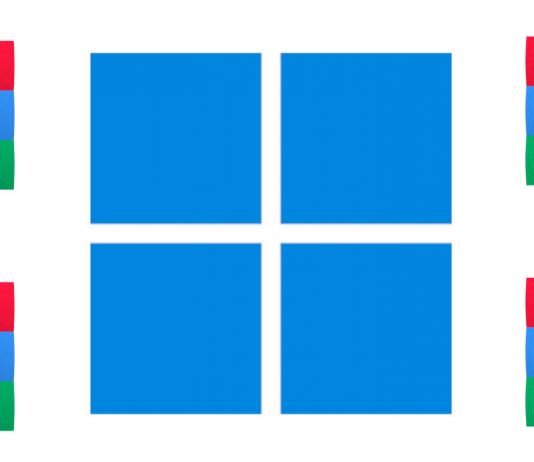Microsoft has announced that Windows 11 will soon offer native support for RAR, 7-ZIP, and other compressed file formats. This development marks a significant shift in the operating system’s functionality, eliminating the need for third-party programs for file compression and decompression.
The announcement was made at the start of Microsoft’s Build 2023 conference, where the company showcased the upcoming features of its operating system. Panos Panay, the product director for Windows and Devices, confirmed the news in an official blog post. He stated, “We have added native support for additional file formats, including tar, 7-zip, rar, gz, and many others that use the open-source project libarchive.”
This native support for RAR files comes after decades of reliance on third-party programs. Users of Windows 98 SE or Windows XP will recall using WinRAR to decompress documents. The application had a 40-day trial period, but it could be used for years without payment, much like WinZip.
While many relied on trialware applications like WinRAR, newer generations adopted 7-Zip. This open-source file archiver became the best alternative due to its high compression ratio and compatibility with multiple file types. Moreover, its AES-256 encryption allowed users to secure their documents before sharing them.
Microsoft has not confirmed the availability of native support for RAR or 7-ZIP files. It is likely to arrive in the next software update or a subsequent patch. The exact functionality is still unknown, but it is presumed to be similar to the existing ZIP format support. Users will no longer need a third-party application to open a .rar, .gz, or .7z file.
The native support for RAR and 7-ZIP ensures that users can double-click a file to view its contents or extract it directly from the Windows 11 Explorer. This feature will be particularly convenient for average users who are not very familiar with compressed files.
While the native RAR support may go unnoticed by those who compress and send files, it is a significant step forward for Microsoft. The company’s experience with ZIP files hasn’t changed much since Windows XP, and it has never offered advanced controls for compression ratio or file splitting. Enthusiasts will continue to rely on tools like 7-zip for a more robust experience. However, Microsoft’s move to offer native support for RAR is appreciated, even if it arrives two decades late.


